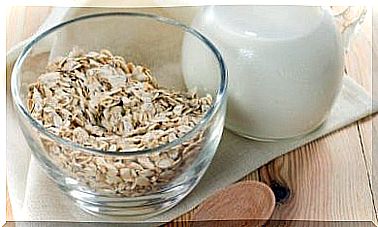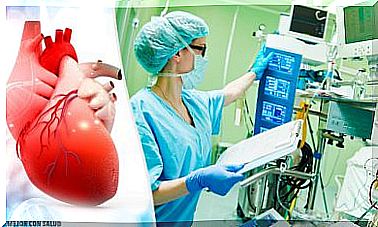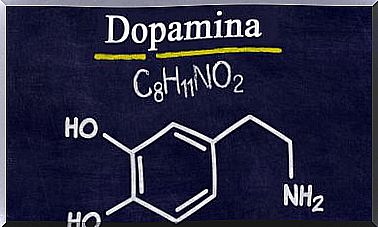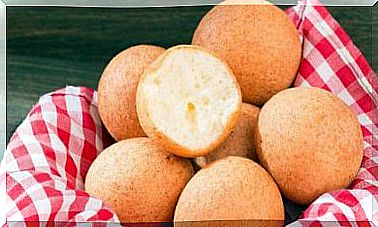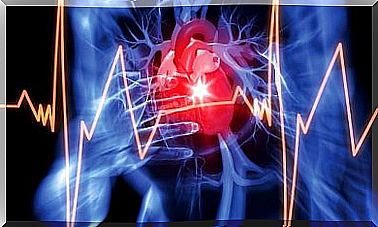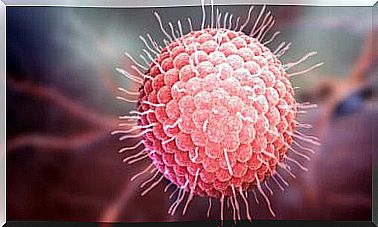Did You Know That These Foods Increase Blood Pressure?
Diet plays an important role in regulating blood pressure. Although many people ignore it, there are certain foods that increase blood pressure. Due to this, in the face of diseases such as hypertension, it becomes essential to reduce its consumption.
Blood pressure is the force with which blood is being pumped from the heart to the rest of the body. Although it is always in constant change, there may be rises, known as hypertension; or lowered, which is called hypotension:
- When the values exceed 140 mm Hg and 90 mm Hg, it can be considered hypertension.
- If the values are below 100 mm Hg and 60 mm Hg, we are in the presence of hypotension.
People with hypertension tend to need medication, while patients with hypotension do not. Both extremes are harmful to heart health, and proper nutrition is essential to maintain levels.
Foods that increase blood pressure
As detailed in research published in Advances in Nutrition , healthy dietary patterns, low in foods such as meat, sweets and alcohol, are decisive when it comes to regulating blood pressure. These, combined with exercise and weight loss, can minimize the risks of high blood pressure.
In this regard, it is convenient to know those foods that can lead to an increase in blood pressure. Although it is not necessary to eliminate them completely from the diet, it is advisable to moderate their consumption to avoid problems. Also, in cases of hypotension, it may be beneficial to take them in small amounts. Discover them!
1. Salt
Salt is one of the foods that increase blood pressure. As a study published in Dietary Electrolytes and Blood Pressure comments , it is necessary to reduce its use in meals, especially after being diagnosed with hypertension.
On the contrary, in case of hypotension, it is indicated to eat foods with sodium, according to medical indications. Pickles, for example, are a good option to eat salt in case of sudden low blood pressure.
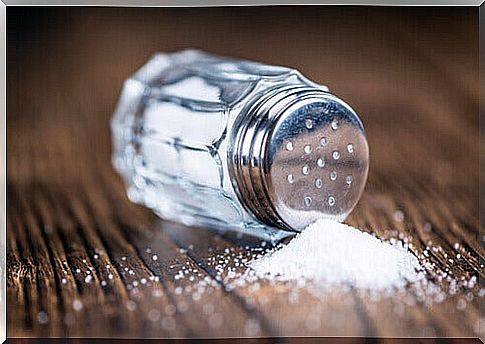
2. Canned soups
There are those who see canned soups as a food option, since they are easy to prepare and taste good. However, due to its sodium concentration, its consumption can lead to an increase in blood pressure.
According to the United States Department of Agriculture’s nutrition database, a half-cup serving of these soups contains up to 900 mg of sodium. Ingesting the whole can can take up to 2000 mg of this mineral. Therefore, the best option is to make homemade soup, reduced in salt.
3. Sausages
Sausages, such as sausages, chorizo, and ham are known to contain a lot of salt and fat. For this reason, as detailed by research published in the journal PLoS One , it can lead to an increased risk of hypertension.
Given its low nutritional quality, it is advisable to limit its consumption both in cases of high blood pressure and in cases of hypotension. In general, its excessive consumption is associated with being overweight and an increased risk of cardiovascular diseases.
4. Meat
Moderate meat consumption can be beneficial when included in a healthy and balanced eating plan. According to a publication in Science Daily , eating lean meat can help regulate blood pressure in healthy people when included in a DASH-type diet, along with fruits, vegetables, and low-fat dairy products.
However, other studies, such as one published in the British Medical Journal , suggest that eating red meat can raise the risk of hypertension. Therefore, in this type of patients its consumption is usually discouraged.
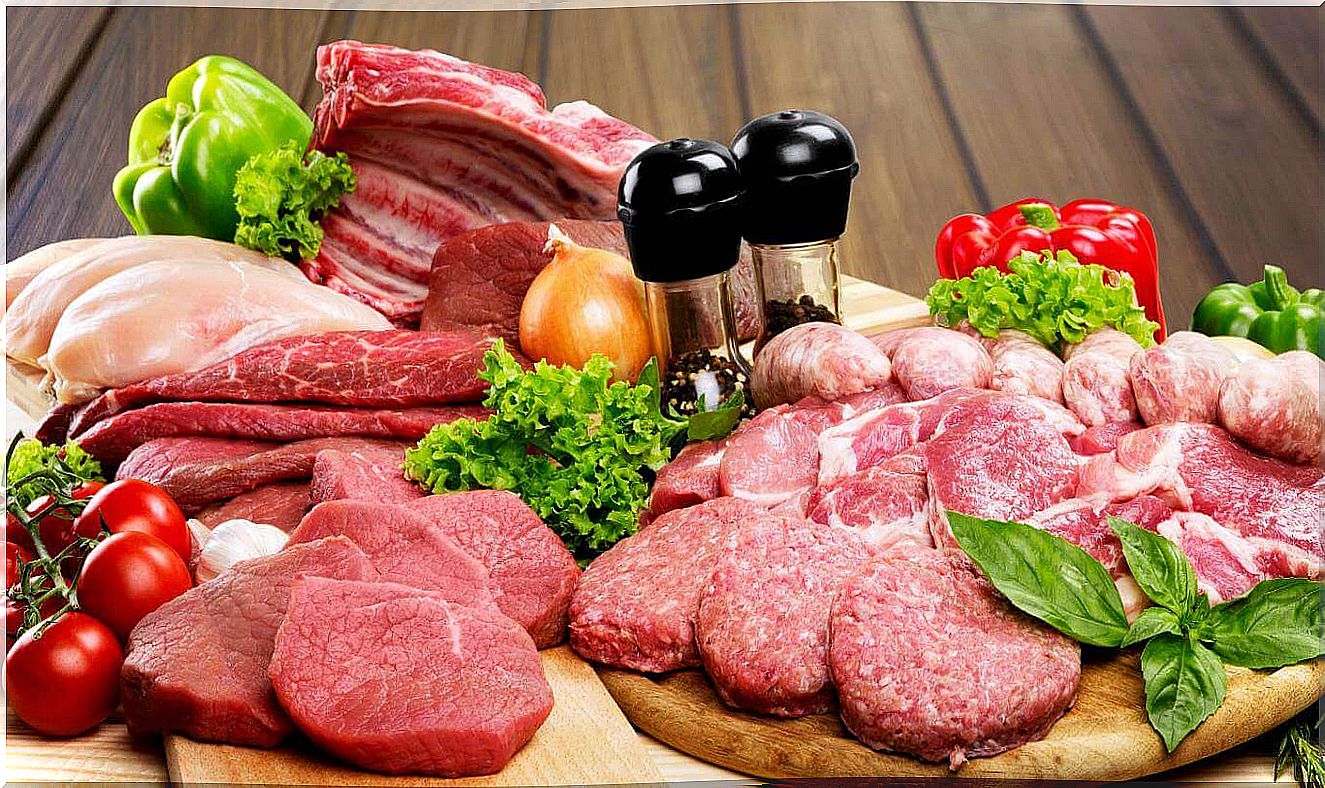
5. Alcoholic beverages
The consumption of alcoholic beverages is discouraged even in minimal proportions. According to information from the Mayo Clinic, drinking three alcoholic beverages in the same session leads to an increase in blood pressure. Also, drinking too frequently can cause hypertension.
A balanced, low-sodium diet
In order not to suffer from blood pressure problems, it is essential to maintain a healthy and balanced diet, reduced in sodium. In this sense, it is advisable to check the labels of the products and avoid those that contain a lot of salt. In addition, it is important to request regular medical check-ups, especially if there is a history of hypertension.
